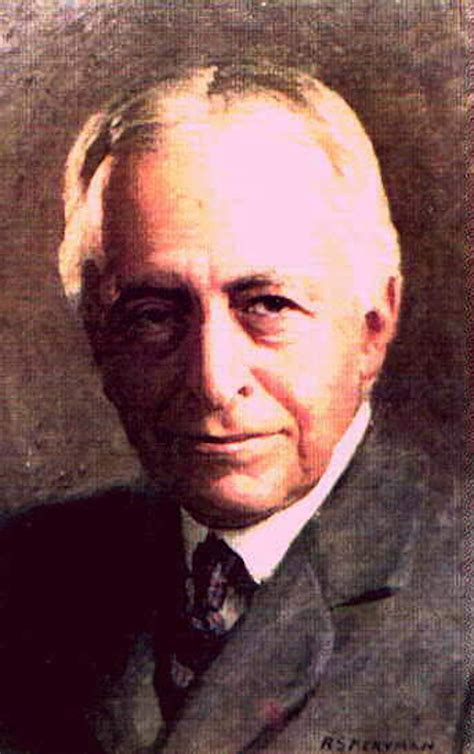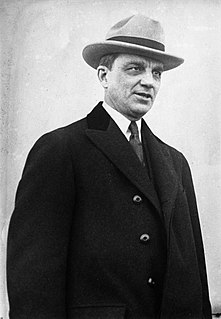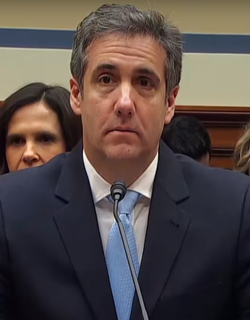A Quote by Irving Babbitt
The humanitarian would, of course, have us meddle in foreign affairs as part of his program of world service.
Related Quotes
The left, led by the news media, has been telling us practically from the day that Donald Trump announced his candidacy that he would be a complete disaster, particularly in foreign affairs and foreign relations around the world, and even more particularly in the Middle East. And, instead, we see the rave reception that President Trump is getting everywhere he is going, the profound respect.
The humanitarian wishes to be a prime mover in the lives of others. He cannot admit either the divine or the natural order, by which men have the power to help themselves. The humanitarian puts himself in the place of God.
But he is confronted by two awkward facts; first, that the competent do not need his assistance; and second, that the majority of people positively do not want to be "done good" by the humanitarian. Of course, what the humanitarian actually proposes is that he shall do what he thinks is good for everybody. It is at this point that the humanitarian sets up the guillotine.
What I am concerned about in this fast-moving world in a time of crises, both in foreign and domestic affairs, is not so much a program as a spirit of approach, not so much a mind as a heart. A program lives today and dies tomorrow. A mind, if it be open, may change with each new day, but the spirit and the heart are as unchanging as the tides.
The goal of faithfulness is not that we will do work for God, but that He will be free to do His work through us. God calls us to His service and places tremendous responsibilitie s on us. He expects no complaining on our part and offers no explanation on His part. God wants to use us as He used His own Son.
If he [the Artist] were to take up the pen it would be...to better express his individuality and explain it to others; or else to put his internal affairs in order...to deepen and sharpen his relationship with his fellow men because other souls exert an immense and creative influence on our soul; or to try to fight for a world as he would like it to be, for a world that is indispensable to his life.
What kind of world does the humanitarian contemplate as affording him full scope? It could only be a world filled with breadlines and hospitals, in which nobody retained the natural power of a human being to help himself or to resist having things done to him. And that is precisely the world that the humanitarian arranges when he gets his way.



































